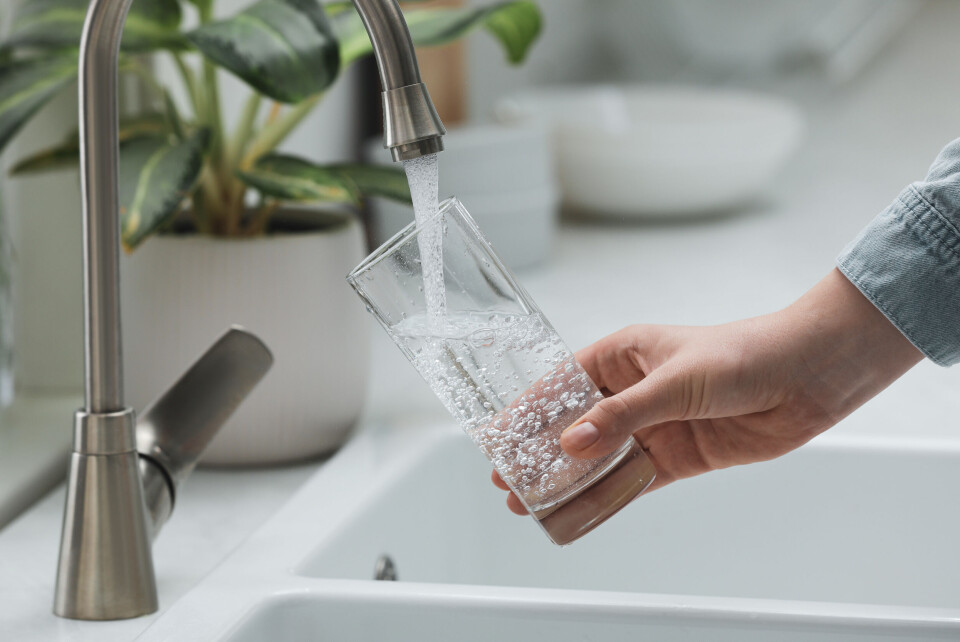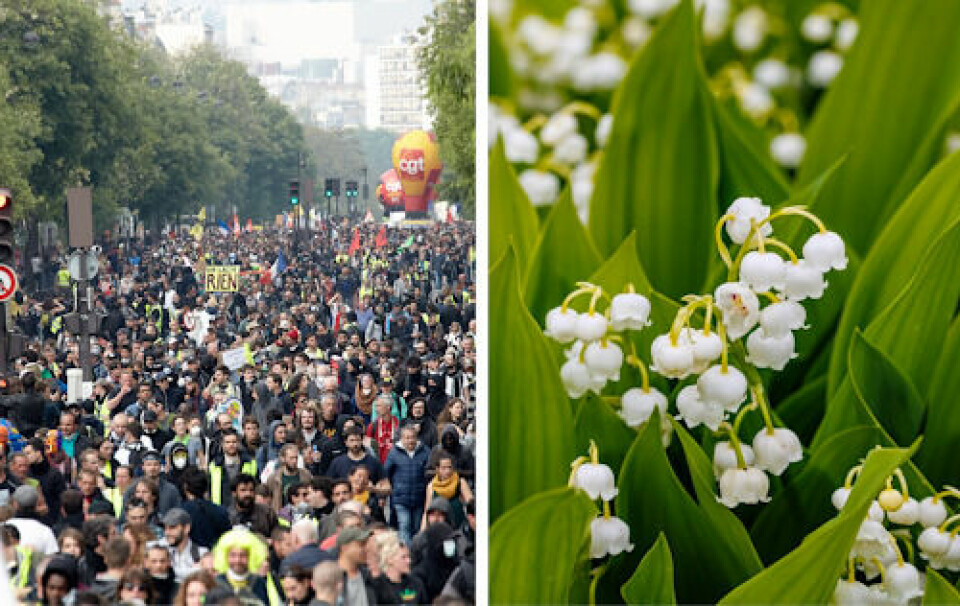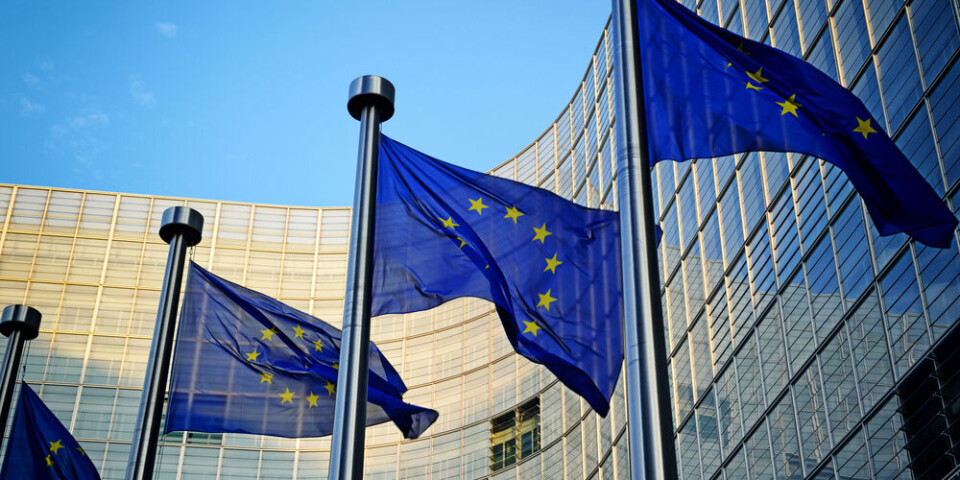-
Key Alpine pass to reopen this summer after €6m repairs
The col d'Allos in Alpes-de-Haute-Provence has been closed since 2023 due to severe weather
-
Why 500,000 people in France will soon be getting a call from health officials
A new campaign will target certain individuals with particular health conditions
-
Receive a book and a rose: France prepares to celebrate its independent bookshops
The 27th edition of the Fête de la librairie indépendante will take place tomorrow (April 26)
Pesticides in French tap water ‘not a health risk’
A recent study found traces of a banned fungicide in half of the samples taken from French drinking water, but authorities say tap water is safe to drink

The widespread presence of a banned pesticide recently found in French tap water does not pose a health risk, the government has said.
Metabolites of the fungicide chlorothalonil, which has been banned in France since 2019, were found in half of the drinking water sampled in a study by food safety agency Anses, using new techniques.
European authorities class chlorothalonil as a ‘suspected’ carcinogen, and its metabolite – a byproduct as the pesticide is broken down – R471811 is classified by Anses as ‘relevant’.
This means there is reason to believe its properties are comparable to its parent substance and it is potentially harmful.
One in three samples showed traces of R471811 in excess of 0.1µg/L (micrograms per litre), the maximum allowed to meet water quality standards.
The Ecology Ministry said in a statement shared with The Connexion: “At this stage, Anses’s exploratory mission, which related to the years 2020 and 2021, has revealed maximum concentrations of 2µg/L.”
As the minimum threshold to be considered a health risk is 3µg/L, “the water is non-compliant but does not represent a health risk.”
Read more: Traces of banned pesticide found in French tap water
Health Ministry remains vigilant
“The Health Ministry remains particularly vigilant and will introduce more regular measurements of chlorothalonil and its metabolites, to be led by regional health agencies.”
According to information published by Anses in 2017, some 39 chlorothalonil-based products were authorised in France, for various uses including wheat, potatoes and fruit.
Anses analysed samples from water points across France and its overseas territories, representing approximately 20% of distributed water.
It tested for 157 pesticides and metabolites: 89 were detected at least once in untreated water, and 77 in treated water.
All regions of France affected
All regions of France are affected, but the highest concentrations of pesticides and metabolites in treated water were found in Hauts de France and Burgundy.
The results of the study highlight the failure of water treatment systems to filter out metabolites.
Improvement will require large-scale investment, claims the environmental association Générations Futures, which says it should be up to polluters to foot the bill.
The association’s spokesman François Veillerette said: “We have known since 2006 from the European Commission that chlorothalonil has the capacity to produce metabolites in large quantities.
Yet no significant research into the toxicity of these metabolites has been conducted and we have only very recently begun searching for them in water.”
The Ecology Ministry said the results of the study reinforce the need to reduce France’s dependency on pesticides.
‘Action must be taken’
“Action must be taken so that farmers do not find themselves in a technical and economic impasse, as has recently been the case with S-metolachlor and Neonicotinoids,” it said.
S-metolachlor is one of the most widely used herbicides in France.
In February, Anses announced its intention to withdraw authorisation for its main uses, as “in tests of drinking water, the metabolites of S-metolachlor have frequently been detected at concentrations exceeding the quality standards”.
Agriculture Minister Marc Fesneau recently declared his opposition to a national ban, arguing France should wait for European authorities to decide on the matter, so as not to distort the competition when it comes to food production.
Around two-thirds (68%) of people in France regularly drink tap water (2021 figures).
Around 48% buy bottled water.
Related articles
Dangerous pesticides found in areas around French vineyards
12 million people in France have drunk pesticide-contaminated water
Bottled or tap: How do you take your water in France?
























